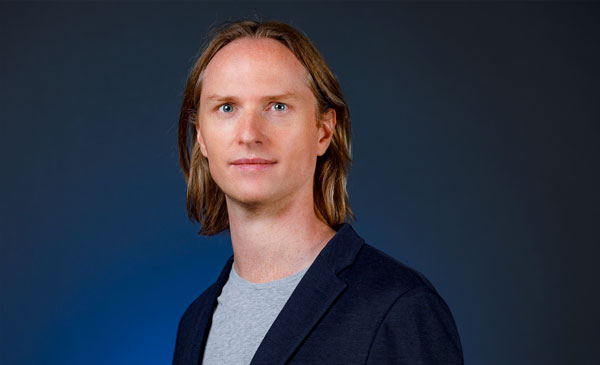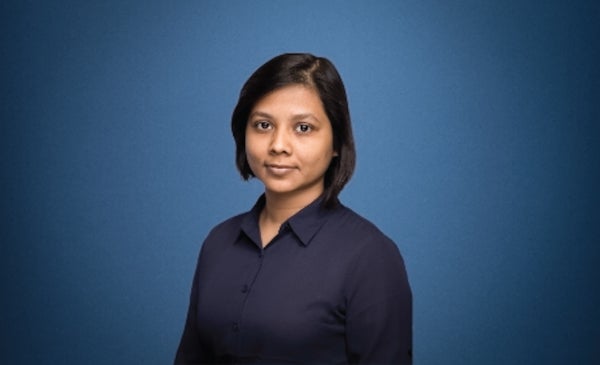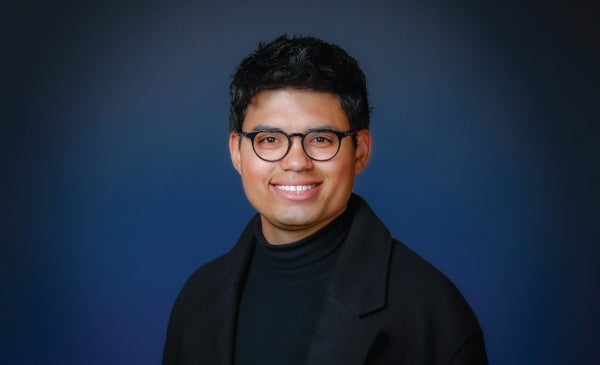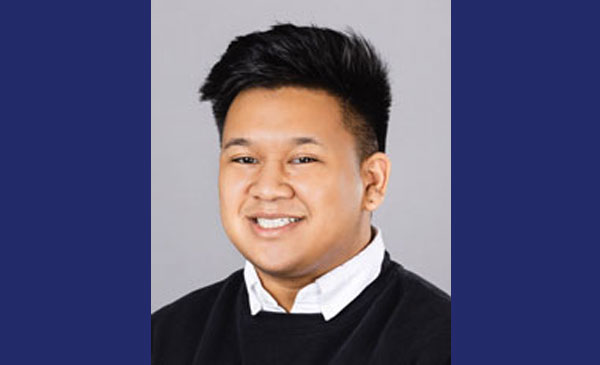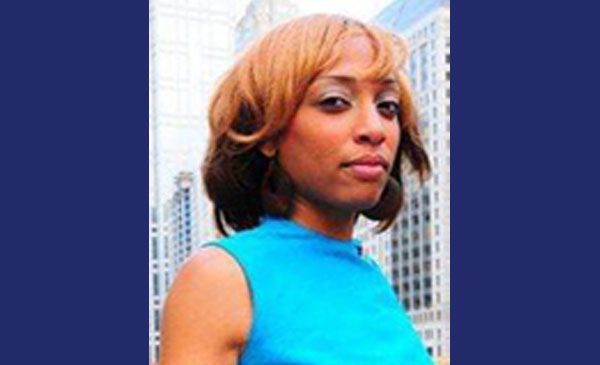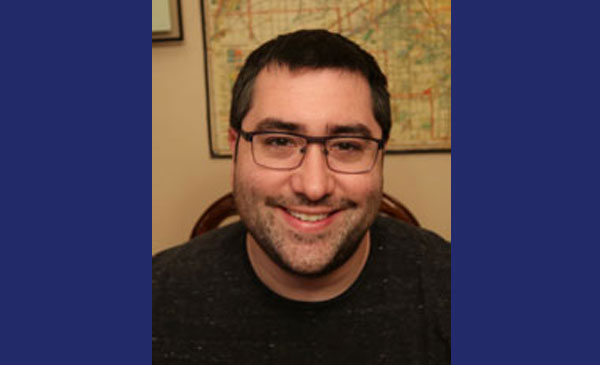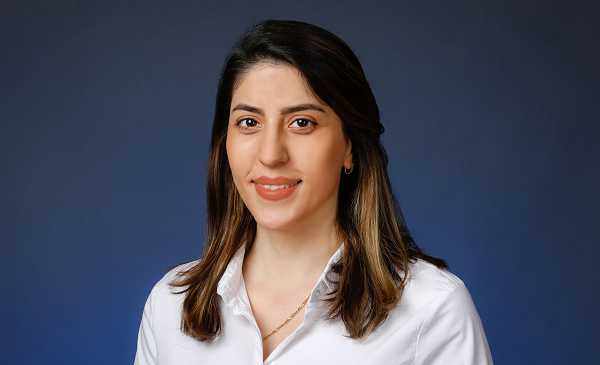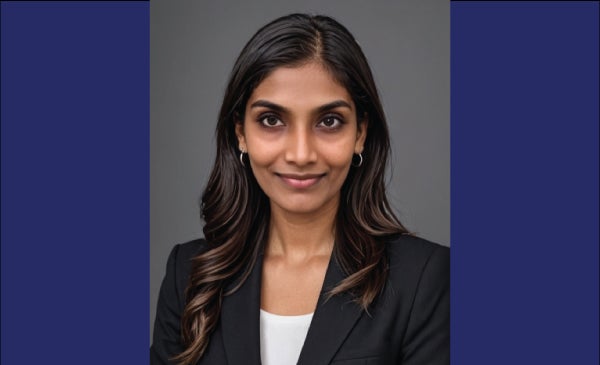Mission Heading link
Because
The world is urbanizing, we live beyond our environmental means, and current practices cannot solve current problems (Tainter’s work, Einstein’s Quote)
The mission of CSUN is to advance scientific knowledge and create software for the design of livable, sustainable, and resilient cities.
To fulfill our mission, we adopt concepts from various fields and techniques, including complexity science, urban metabolism, machine learning, geospatial analysis, network science, data mining, and data visualization. Download this 36″ x 96″ &Helvetica poster that has a list of keywords of our research.
Team Heading link
As a complex system, CSUN is constantly evolving. To prospective members, read below for information about the recruitment process.
Current members Heading link
Past Members and Prospective Members Heading link
-
Past Members
Postdoc: Ali Movahedi (2022), Mohamed Badhrudeen (2022), Dongwoo Lee (2019), Amirhassan Kermanshah (2018), Farid Peiravi (2016)
Ph.D.: Rishabh Chauhan (2023), Pipatphon Lapamonpinyo (2022), Ali Movahedi (2022), Mohamed Badhrudeen (2022), John Mulrow (2019), Dongwoo Lee (2019), Sk Nasir Ahmad (2018), Amirhassan Kermanshah (2017), Farid Peiravi (2014)
Master: Peerawat Puengpapat (2023), Isaac Salvador (2023), Ranjita Tiwari (2018), Scot Maciver (2018), Dena Delpazir (2018), Eva Chancé (2016 – exchange student), John Mulrow (2016), Sk Nasir Ahmad (2014), SrimaniTejaswini Bulusu (2013 – non-thesis)
Research Affiliate: Yijing Xiao (2019), Mohil Shah (2019), Darshan Jain (2019), David Klawitter (2018), Alireza Karduni (2016)
Undergraduate: Haley Dahl (2024), Sarthak Patipati (2023), Marco Otero (2023), Gieanelli Acaylar (2021), Laurel Doak (2021), Nalin Naranjo (2020), Royce Quadros (2019), Jacob Miguest (2019), Sania Ali (2019), Guillemette Fonteix (2018 – exchange student), Daniel Kessler (2018), Peter Cairo (2018), Yousef Dana (2018), Bastien Chenu (exchange student – 2017), Jonathan Munoz (2017), Kathy Machaj (2017), Joshua Deanes (2017), Kathy Sitko (2017), Ian Hill (2017), Jovaun Shaw (2016), Julia Norberto (2016 – exchange student), Patricia Santos (2016 – exchange student), Rodrigo Marino (2016 – exchange student), Felipe Alves (2016 – exchange student), David Klawitter (2016), Peter Cairo (2016), Saulius Imsha (2016), Paloma Morais de Souza (2016), Kimberly White (2015), Matthew Reeder (2015), Eduardo Schaefer Sombrio (2015), Flavio Irã Godinho Jr. (2015), Nouhessedo Agondanou (2015), Laura Nainggolan (2014), Anthony Nedumgottil (2014), Felipe Pereira (2014), Gary (Joe) Andrews (2014), Paul Jacobs (2014), Marian Agamy (2013)
-
Prospective Members
First of all, thank you very much for your interest. CSUN is a constantly evolving place and we are always eager to welcome bright minds who aspire to change the world (in fact, make sure to read our mission statement since everything we do must contribute to this mission). Although we would very much like to accept more people, funding is limited, and many deserving applicants do not get offers. There are skills that we seek in our candidates, however, and if you do not have these skills, we can only encourage you to acquire them. Most of these skills are not typical in civil engineering, but to quote Einstein: “We cannot solve our problems with the same thinking we used when we created them.” The civil engineer of the 21st century must therefore acquire new skills.
Here is a short list of skills we look for:
# Python programming: In this era of Big Data, there are many ways to change our thinking, and coding can help us. Python can be insalled directly from the python.org website, but we recommend you install Spyder or use Google Colab, which installs both python and a set of necessary libraries (that would have to be installed manually otherwise). To learn how to code in python, we recommend, learnpython.org, A Byte of Python and CodeAcademy, but many more tutorials exist. So many libraries exist that we can now do some very sophisticated calculations with very little coding background. Amazing cheat sheets are also available to use many libraries. Naturally, we welcome applicants with knowledge of other languages, including R.
# Geographic Information Systems (GIS): GIS enables the mapping of just about everything. When coupled with python, we can nearly calculate anything we set our mind to. Knowledge of QGIS (free) or ArcGIS (license needed) is encouraged.
# Machine Learning (ML): While we do not expect new members to have any prior knowledge of machine learning, every CSUN member must learn ML. Why not start early and learn before applying? There many countless lessons online. We do not recommend one in particular. To use ML, we recommend the Python libraries: Pandas for database handling, NumPy for matrix manipulation, Scikit-learn for many ML techniques (Python library), and Keras, Tensorflow , and PyTorch for deep learning. Cheat sheets are available.
# Network Science: Network Science offers a practical way to measure and analyze the properties of networks. Resources to learn Network Science include the textbooks Network Science (free), Networks: An Introduction, and Networks, Crowds, and Markets: Reasoning About a Highly Connected World (free). For practical use, to our knowledge, the most commonly used tool is the NetworkX Python library. Other non-Python resources include Gephi (free software) and NodeXL (Microsoft Excel Add-On)—although they do not seem to be updated anymore.
In addition, we can recommend reading resources, including publications, textbooks, and popular books, to get better acquainted with the topic of cities, infrastructure, and urban science. A brief list of relevant resources include:
# Publications: An approach to designing sustainable urban infrastructure (Derrible, 2019), Urban infrastructure is not a tree: Integrating and decentralizing urban infrastructure systems (Derrible, 2016), Complexity in future cities: the rise of networked infrastructure (Derrible, 2016), and Urban Metabolism (Derrible, 2021; pdf here). Please contact us if you would like a free copy of these publications.
# Non-Fiction Books: Science and the City: The Mechanics Behind the Metropolis (Winkless 2016) and The Evolution of Great World Cities: Urban Wealth and Economic Growth (Kennedy 2011).
# Textbooks: Urban Engineering for Sustainability (Derrible 2019), from our very own CSUN Director Sybil Derrible.
# Fiction Books (for the literary minded): Invisible Cities (Calvino 1972, English pdf), The Man Who Planted Trees (Giono 1953, full text, English pdf, original French pdf), and Urban Infrastructure: Reflections for 2100 (Derrible and Chester 2020) – edited by CSUN Director Sybil Derrible with contributions from 40 international experts.
